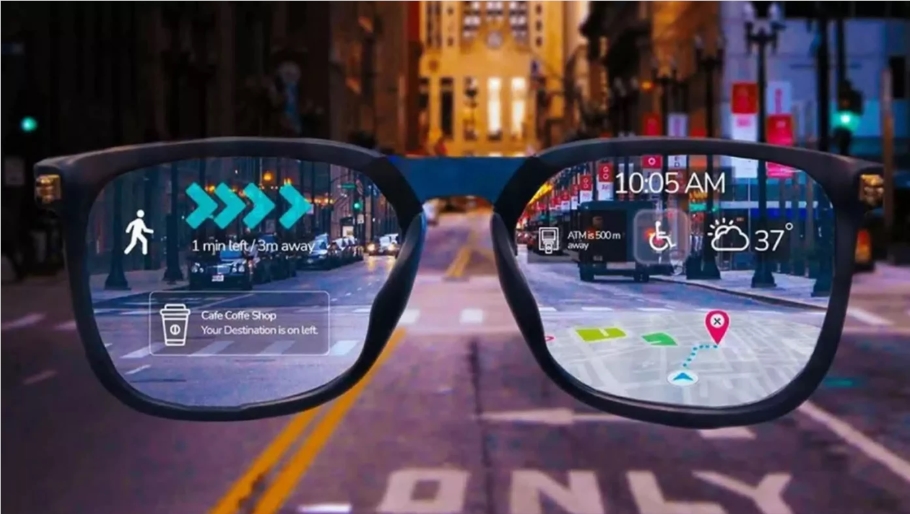Recently, CareYaya Health Technologies has launched an AI-driven large language model called MedaCareLLM, designed to enhance the daily lives of patients with dementia and Alzheimer's disease. This technology is integrated into smart glasses, utilizing video data and facial and object recognition to provide real-time "life-changing" assistance.

When patients wear these smart glasses, the AI can recognize familiar faces. After identification, the system converts the person's information into prompts, which are then transmitted directly to the wearer's ears via bone conduction headphones or hearing aids. This feature helps patients overcome confusion and embarrassment caused by memory loss, making it easier for them to recognize family and friends. Additionally, the smart glasses can read medication bottle information and remind patients when to take their medication, providing guidance on dosage and timing, reducing the risk of medication errors, and alleviating the stress on caregivers.
CareYaya also develops advanced AI models by collecting video, audio, and visual data captured by the smart glasses to better identify and track the progression of the disease and daily dietary patterns of patients. This technology aims to improve the quality of life for dementia patients.
According to the Alzheimer's Association, there are nearly 7 million patients in the United States currently, and this number is expected to rise to nearly 13 million by 2050. Concurrently, the health and long-term care costs for dementia patients are projected to reach $360 billion in 2024 and approach $1 trillion by 2050.
Neal K. Shah, CEO and co-founder of CareYaya Health Technologies, expressed their hope to fill significant gaps in dementia research, especially among Black elderly populations. Black seniors are twice as likely to develop Alzheimer's as their white counterparts, yet they are underrepresented in clinical trials and research. He noted that MedaCareLLM will help improve this situation by providing more representative datasets to advance Alzheimer's treatment research.
The development of MedaCareLLM has been supported by the Johns Hopkins University Artificial Intelligence and Technology Collaboration Lab, AARP's AgeTech Collaborative, and the National Institutes of Health. The technology, part of the OpenMind project, aims to build multi-modal datasets of elderly cognitive and neurological data. The company showcased this innovative product at the TechCrunch Disrupt 2024 event in October.
Key Points:
🧠 MedaCareLLM smart glasses assist dementia patients in recognizing familiar faces and provide real-time prompts.
💊 The glasses can read medication bottle information, remind patients to take their medication on time, and reduce the risk of errors.
🌍 CareYaya aims to advance Alzheimer's treatment research through diverse datasets, with a particular focus on Black elderly populations.









